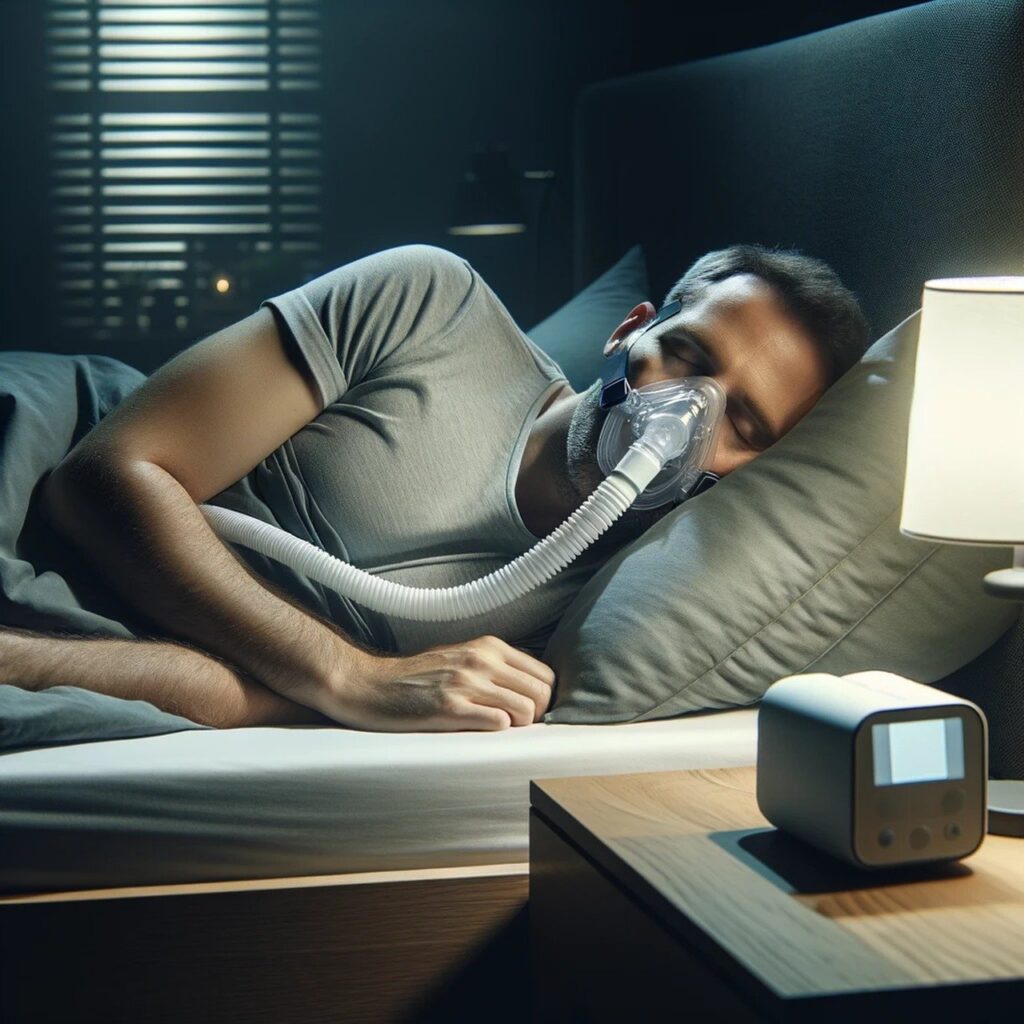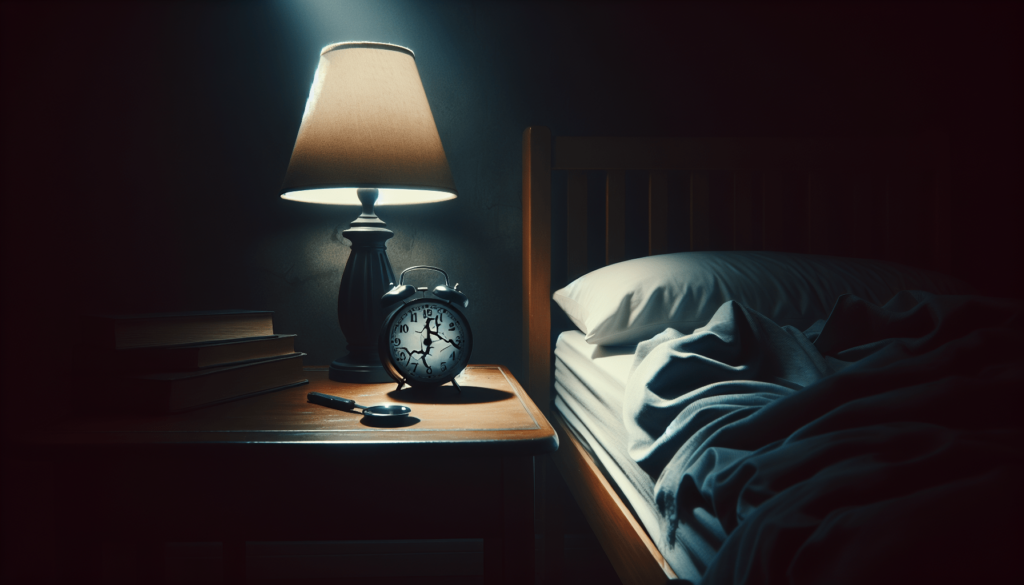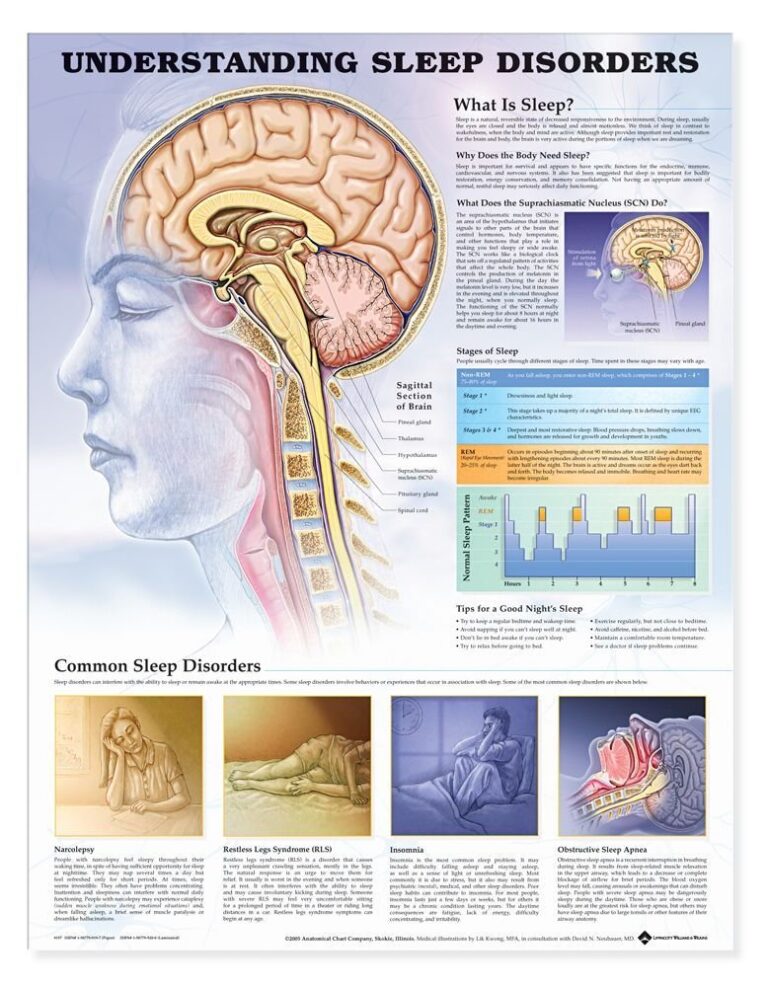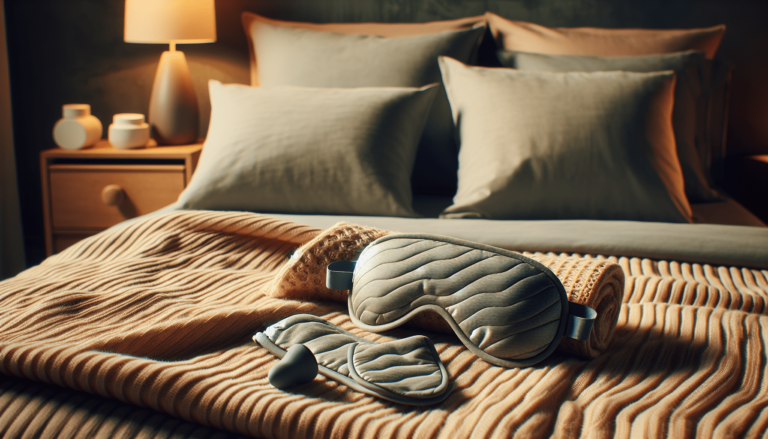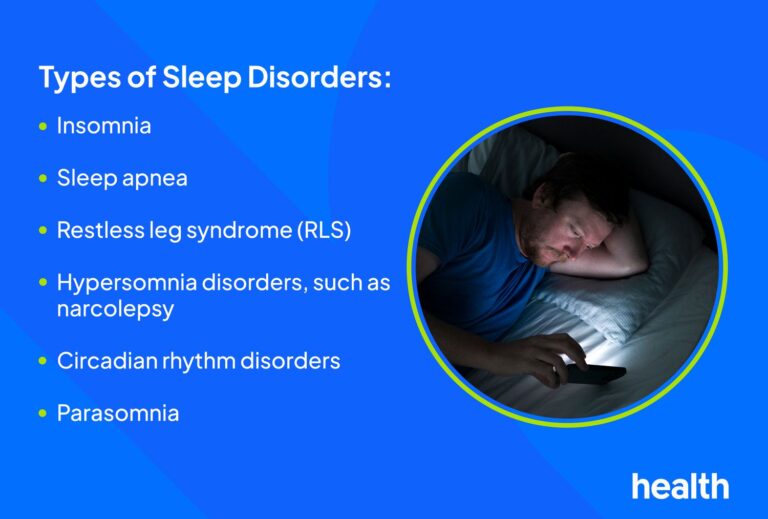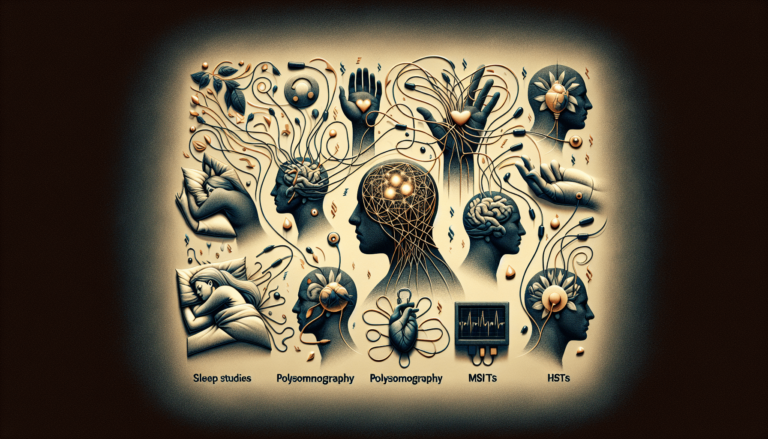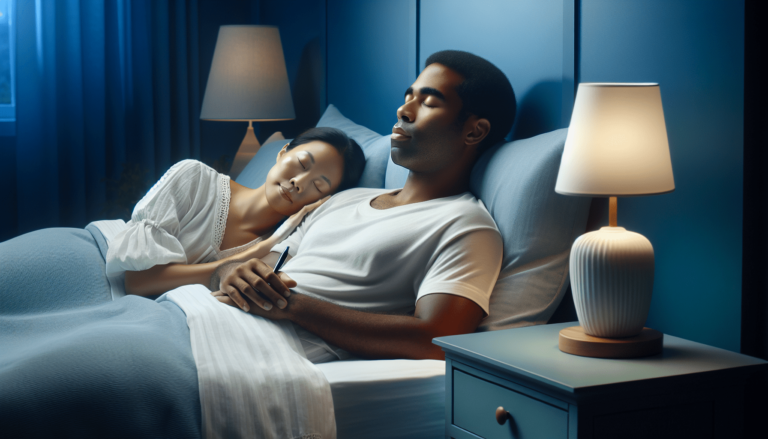Identifying Sleep Apnea Symptoms: A Comprehensive Approach for Effective Home Diagnosis
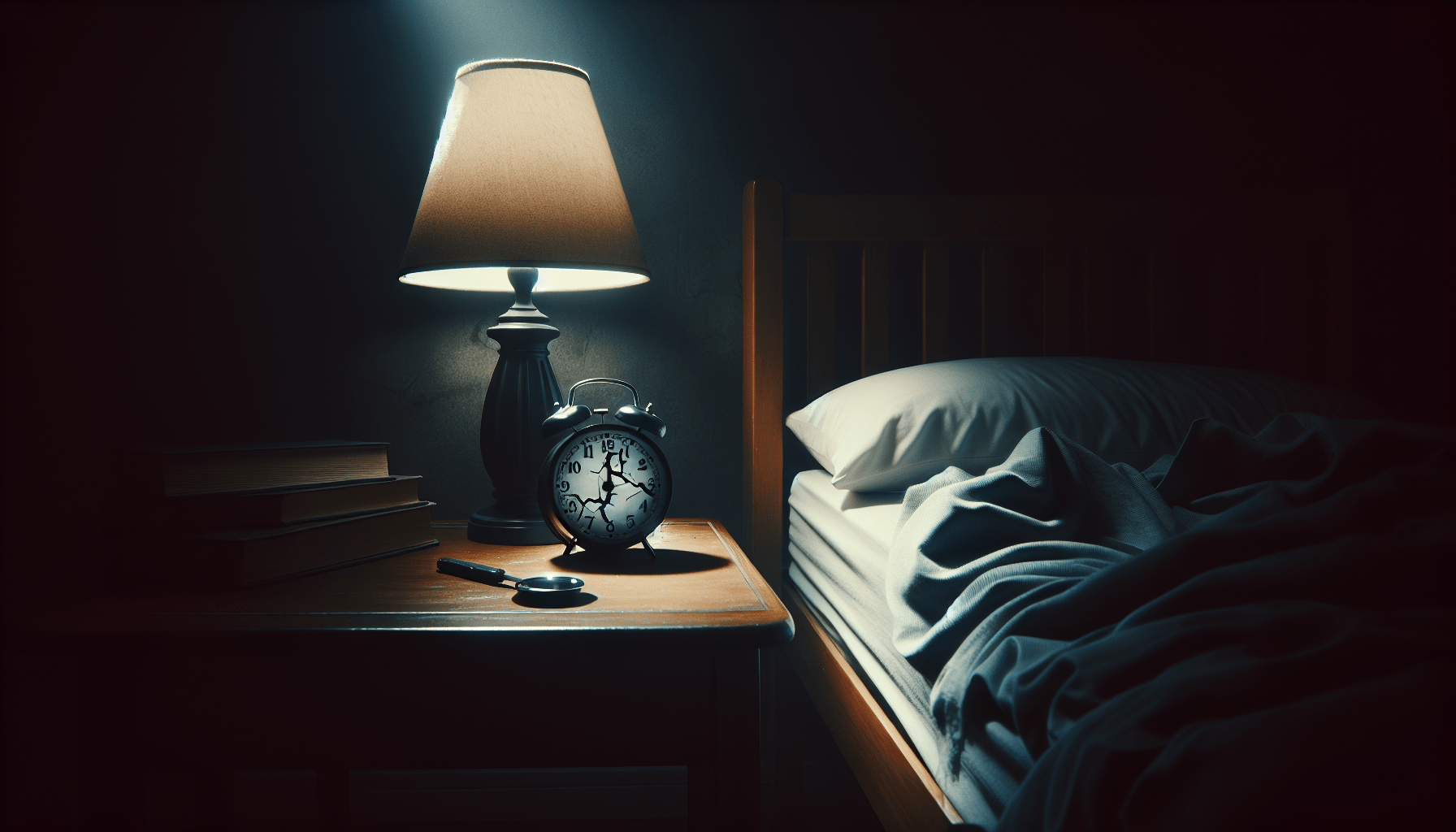
Are you struggling with sleep disorders that are negatively impacting your health and productivity? Vector Sleep Clinic understands the challenges of today’s fast-paced life and the risks associated with sleep disorders. From obstructive sleep apnea to restless leg syndrome, these conditions can lead to serious health issues if left untreated. That’s why completing a sleep study is crucial. Sleep disorders can contribute to heart attacks, strokes, high blood pressure, car accidents, problems at home or work, sexual dysfunction, and obesity. At Vector Sleep Clinic, we offer comprehensive care for restful sleep, including an effective approach to diagnosing and treating sleep apnea symptoms in the comfort of your own home. Experience the benefits of uninterrupted sleep and unlock the magic of restful nights with Vector Sleep Clinic.
Sleep Apnea Symptoms
Sleep apnea is a sleep disorder characterized by pauses in breathing or shallow breathing during sleep. These pauses can last for a few seconds to a couple of minutes and can occur multiple times throughout the night. If left untreated, sleep apnea can have serious health consequences. Recognizing the symptoms of sleep apnea is crucial in order to seek proper diagnosis and treatment. In this article, we will discuss the common and less common symptoms of sleep apnea, as well as the risk factors associated with this condition.
This image is property of pixabay.com.
Common Symptoms
Loud snoring
Loud snoring is one of the most common symptoms of sleep apnea. It is caused by the vibration of the tissues in the throat as air passes through a narrowed airway. If you or your partner notice that your snoring is extremely loud and disruptive, it may be an indication of sleep apnea.
Episodes of breathing cessation during sleep
Another common symptom of sleep apnea is experiencing episodes of breathing cessation during sleep. These episodes, known as apneas, occur when the airway becomes completely blocked, preventing air from reaching the lungs. This can result in a sudden gasp or choking sound as the person struggles to breathe.
Gasping or choking during sleep
In addition to the episodes of breathing cessation, sleep apnea sufferers may also experience gasping or choking sounds during sleep. This is the body’s way of trying to overcome the obstruction in the airway and restore normal breathing.
Excessive daytime sleepiness
Excessive daytime sleepiness is a significant symptom of sleep apnea. Despite spending a seemingly normal duration of time in bed, people with sleep apnea often feel tired and groggy during the day. This can negatively impact their ability to concentrate and perform daily tasks.
Morning headaches
Waking up with frequent morning headaches is another symptom of sleep apnea. These headaches are typically due to the oxygen deprivation that occurs during episodes of breathing cessation. The lack of oxygen to the brain can lead to headaches upon waking.
Difficulty concentrating
Sleep apnea can impair cognitive function, making it difficult to concentrate and focus on tasks. If you find yourself struggling to stay focused or experiencing lapses in memory, it may be a result of interrupted sleep caused by sleep apnea.
Irritability
Sleep apnea can also contribute to irritability and mood swings. The lack of quality sleep can leave you feeling irritable and easily frustrated, making it challenging to maintain healthy relationships and handle stress effectively.
This image is property of pixabay.com.
Less Common Symptoms
Insomnia
While excessive daytime sleepiness is a common symptom, some individuals with sleep apnea may experience insomnia. The fragmented sleep caused by frequent awakenings due to breathing difficulties can make it difficult to fall asleep or stay asleep throughout the night.
Dry mouth or sore throat upon waking
Waking up with a dry mouth or sore throat can be indicative of sleep apnea. The person may breathe through their mouth more often due to the reduced airflow through their nose, resulting in dryness or irritation in the mouth and throat.
Frequent urination during the night
Sleep apnea may contribute to nocturia, which is the need to urinate frequently during the night. The frequent awakenings caused by breathing difficulties can disrupt normal sleep patterns and lead to increased urine production during sleep.
Depression or anxiety
Sleep apnea has been linked to the development or exacerbation of symptoms of depression and anxiety. The disrupted sleep can negatively affect mood and emotional well-being, leading to feelings of sadness, hopelessness, or worry.
Memory problems
Impaired memory function is another less common symptom of sleep apnea. The lack of quality sleep can impact cognitive processes, making it difficult to recall information, concentrate, or form new memories.
Decreased libido
Sleep apnea can also affect sexual health and libido. The constant fatigue and lack of energy can reduce sexual desire and contribute to difficulties in intimacy and relationships.
Risk Factors
While sleep apnea can occur in people of any age and gender, certain factors can increase the risk of developing this sleep disorder. It is essential to be aware of these risk factors in order to take proactive measures towards identifying and treating sleep apnea.
Age
Sleep apnea is more prevalent in middle-aged and older adults. As we age, the muscles in the throat and tongue tend to weaken, increasing the likelihood of airway blockage during sleep.
Sex
Men are more likely than women to develop sleep apnea. Although the reasons behind this gender difference are not entirely understood, hormonal and anatomical factors may play a role in the increased prevalence of sleep apnea among men.
Weight
Being overweight or obese significantly increases the risk of sleep apnea. The excess fat tissue around the neck and throat area can contribute to airway obstruction during sleep.
Neck Circumference
Having a thicker neck circumference is associated with an increased risk of sleep apnea. The extra fat deposits around the neck can put pressure on the airway, leading to breathing difficulties during sleep.
Family History
Sleep apnea may have a genetic component, as it tends to run in families. If you have a family history of sleep apnea, you may be at a higher risk of developing the condition yourself.
Take Action Now
If you suspect that you or a loved one may have sleep apnea, it is crucial not to wait and seek professional help. Ignoring the symptoms of sleep apnea can have serious health consequences and can impact your overall well-being. By taking steps towards diagnosis and treatment, you can improve your sleep quality and reduce the risks associated with sleep apnea.
At Vector Sleep Clinic, we understand the challenges posed by sleep disorders and offer comprehensive care for restful sleep. Our licensed and insured clinic provides a range of diagnostic and treatment options for various sleep disorders, including sleep apnea. By identifying the symptoms of sleep apnea and seeking assistance from professionals, you can take control of your sleep and enjoy the benefits of restful nights. Don’t let sleep apnea disrupt your life – reach out to Vector Sleep Clinic today and rediscover the power of uninterrupted sleep.


